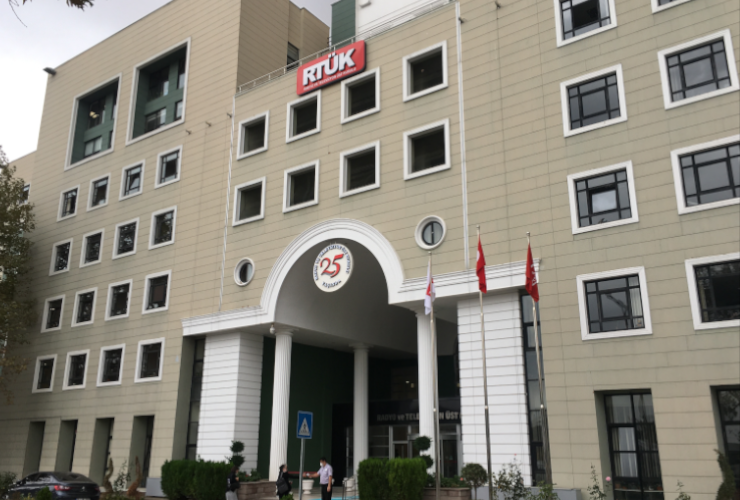The IPI global network of journalists, editors, and publishers strongly condemns the decision by Turkey’s broadcast regulator to fine four critical TV stations for airing corruption allegations involving President Erdoğan and his family. We call on the government and state bodies to cease their harassment of the independent press in Turkey.
The Turkish Radio and Television Supreme Council (RTÜK) on May 30 imposed a fine on four channels — Tele1, Halk TV, KRT TV, and Flash TV — for airing a speech of the main opposition Republican Peoples’ Party (CHP) leader Kemal Kılıçdaroğlu, in which he claimed that President Recep Tayyip Erdoğan had plans to flee the country if Erdoğan lost the general elections in 2023. Kılıçdaroğlu alleged that Erdoğan and his family are involved in corrupt business deals through various investments and assets abroad.
“IPI has been voicing serious concerns about RTÜK’s role in protecting press freedom in Turkey for several years now”, IPI Turkey Programme Coordinator Renan Akyavaş said. “We call upon Turkish authorities to take concrete steps to reinstate the original purpose of this body, which is to monitor harmful content rather than instrumentalizing its power to silence critical media.”
RTÜK member İlhan Taşçı, who was appointed by CHP, condemned the sanctions, which was reached by a majority vote within the Council. Taşçı tweeted that RTÜK’s decision was a direct blow to press freedom, the public’s right to receive news, and to democracy.
“This decision carries the intention to intimidate critical news outlets”, he wrote. He also voiced his concern over how this decision could lead to further censorship and prevent opposition parties’ ideas from being broadcast by media outlets.
RTÜK often issues decisions aimed at punishing critical media. In 2021, RTÜK fined five channels — FOX, Halk TV, Habertürk, KRT, and Tele1 — on 71 separate counts, according to local reports.
This latest round of sanctions by RTÜK highlights how the Turkish government has been deploying all resources and regulatory bodies to stifle independent journalism, with measures that include monetary fines, broadcasting and advertising bans, and blocking online content and services.
In addition, the government is now poised to pass a bill that will criminalize “disinformation and fake news online” which is seen as a complement to the restrictive 2020 social media law that will lead to even heavier censorship online.



